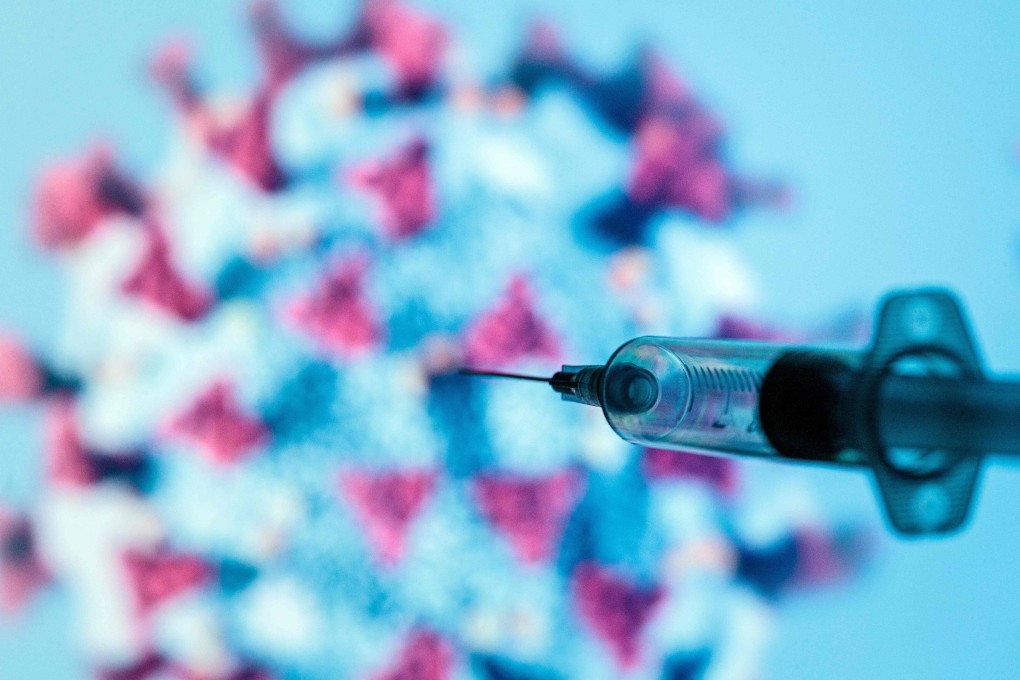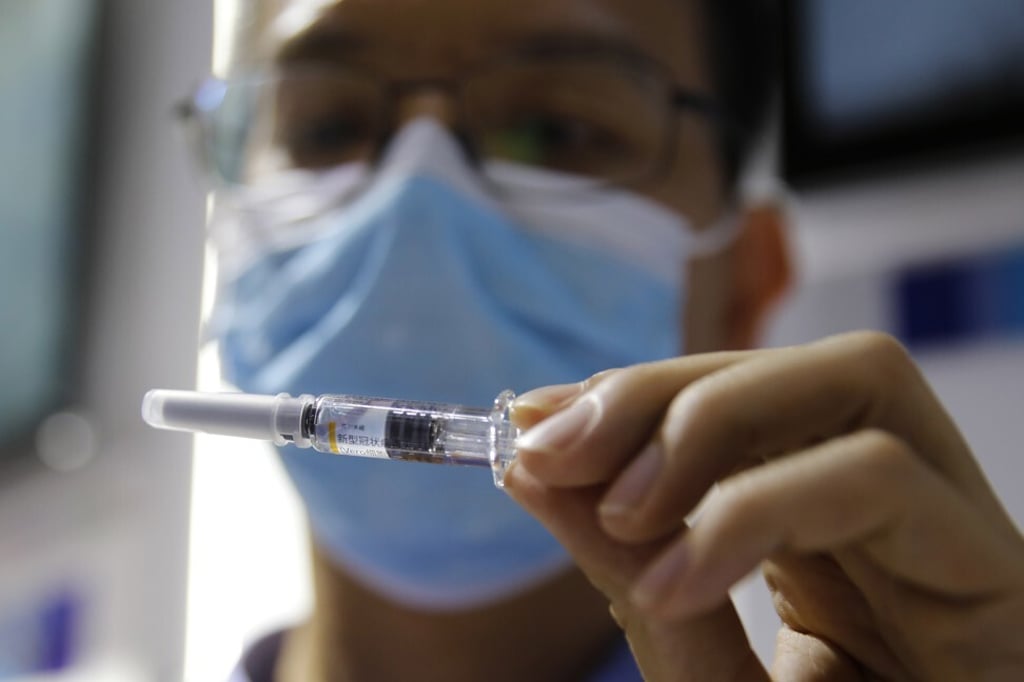Editorial | China needs to show world Covid-19 vaccines are safe and effective
- Beijing already faces a trust deficit in the eyes of many countries and, in the rush to illustrate its scientific and diplomatic prowess, treatments must meet international standards

Vaccines usually take a decade or more to develop, so a top Chinese scientist’s announcement that several to immunise against Covid-19 will go into mass production in China in a matter of months is jaw-dropping. The global economic and social disruption caused by the pandemic was bound to mean the fast-tracking of trials and governments promptly giving approval for their use.
Five of the nine teams with treatments in the final stage of testing are from China, but with the disease having been unknown just 10 months ago, there are concerns that best practice is not being followed. Beijing already faces a trust deficit in the eyes of some in the world; it cannot afford to sacrifice safety and effectiveness in the rush to show its scientific and diplomatic prowess.
President Xi Jinping pledged at a World Health Organisation meeting in May that Covid-19 vaccines produced by China would be for the “global public good”. The Philippines and Pakistan have already shown interest, US$1 billion in loans has been offered to countries in the Caribbean and Latin America to help pay for vaccines, and Mekong River nations – southern Chinese neighbours Cambodia, Laos, Thailand and Myanmar – and those in Africa have been told they will be among the first to benefit.
Wu Guizhen, the Centre for Disease Control and Prevention’s chief biosafety expert, raised expectations societies everywhere may return to normal with vaccines going into production in either November or December. But that does not mean the world will soon be rid of Covid-19; even assuming the treatment has no ill-effects, producing the billions of doses sought is a years-long process.

The WHO’s chief scientist Soumya Swaminathan gave a reality check this week when she said a global roll-out of a vaccine would not be likely until the middle of next year at the earliest. Nor would places such as the mainland and Hong Kong that have the disease under control appear to need large-scale vaccination programmes; attention should focus on the most vulnerable in society, frontline medical workers and those in contact with large numbers of people.
